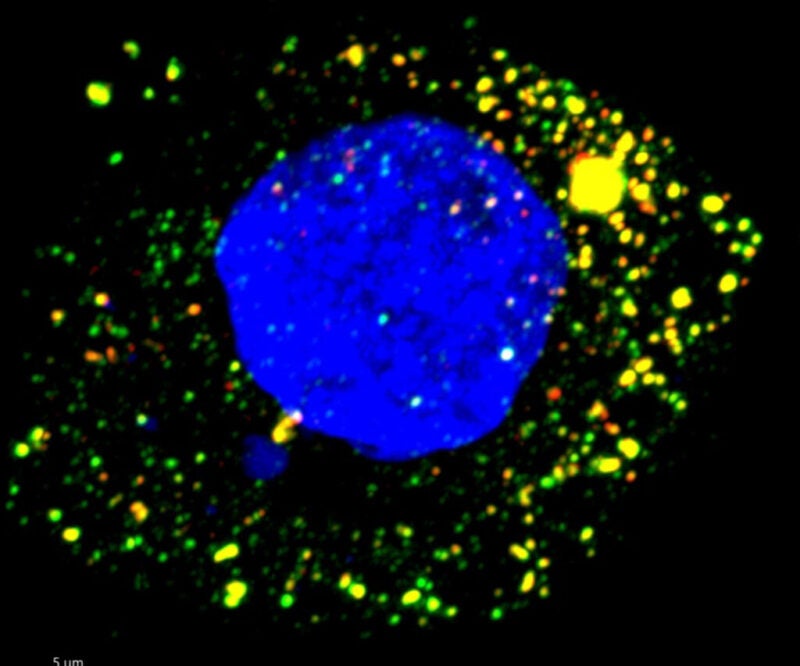
Researchers at the UNC School of Medicine have discovered that hepatitis A virus (HAV) replication needs particular interactions between the human protein ZCCHC14 and TENT4 poly(A) polymerases, a group of enzymes.
The team also found that the oral compound, RG7834, developed by Hoffmann-La Roche, hindered replication at a crucial step, preventing the virus from infecting liver cells.

Discover B2B Marketing That Performs
Combine business intelligence and editorial excellence to reach engaged professionals across 36 leading media platforms.
In 2013, UNC Department of Medicine and UNC Department of Microbiology & Immunology professor Stanley Lemon and colleagues discovered that the HAV undergoes significant changes within the human liver.
On leaving the liver cells, the virus hijacks bits of cell membrane and conceals itself from antibodies that would have isolated the virus before it travelled far through the bloodstream.
In addition, the scientists later found that the HAV needs TENT4A/B for its replication.
It was also found in lab experiments that ZCCHC14, a protein that interacts with zinc, attaches to certain part of HAV’s ribonucleic acid (RNA), enabling the virus to recruit TENT4 from the human cell.

US Tariffs are shifting - will you react or anticipate?
Don’t let policy changes catch you off guard. Stay proactive with real-time data and expert analysis.
By GlobalDataHAV usually hijacks TENT4 and utilises it for the replication of its own genome.
This work indicated that hindering the recruitment of TENT4 could prevent viral replication and limit disease.
Subsequently, Lemon’s lab tested RG7834 and found the precise effects of the oral drug on HAV in liver and faeces.
They also noted how the oral treatment could lower the ability of the virus to cause liver injury in mice genetically modified to develop HAV infection and disease.
In addition, the research indicates that the compound was safe at the dosage level used in this research and the acute timeframe of the study.
The latest findings are the first to show that a drug was effective against HAV in an animal model of the disease.
Developed for usage against chronic hepatitis B infections, RG7834 was tested in humans in a Phase I clinical trial but animal studies showed that the treatment could be too toxic for usage over a prolonged time.
Lemon said: “Our research demonstrates that targeting this protein complex with an orally delivered, small-molecule therapeutic halts viral replication and reverses liver inflammation in a mouse model of hepatitis A, providing proof-of-principle for antiviral therapy and the means to stop the spread of hepatitis A in outbreak settings.”


